Sonar's latest blog posts
Building Confidence and Trust in AI-Generated Code
To tackle the accountability and ownership challenge accompanying AI-generated code, we are introducing Sonar AI Code Assurance
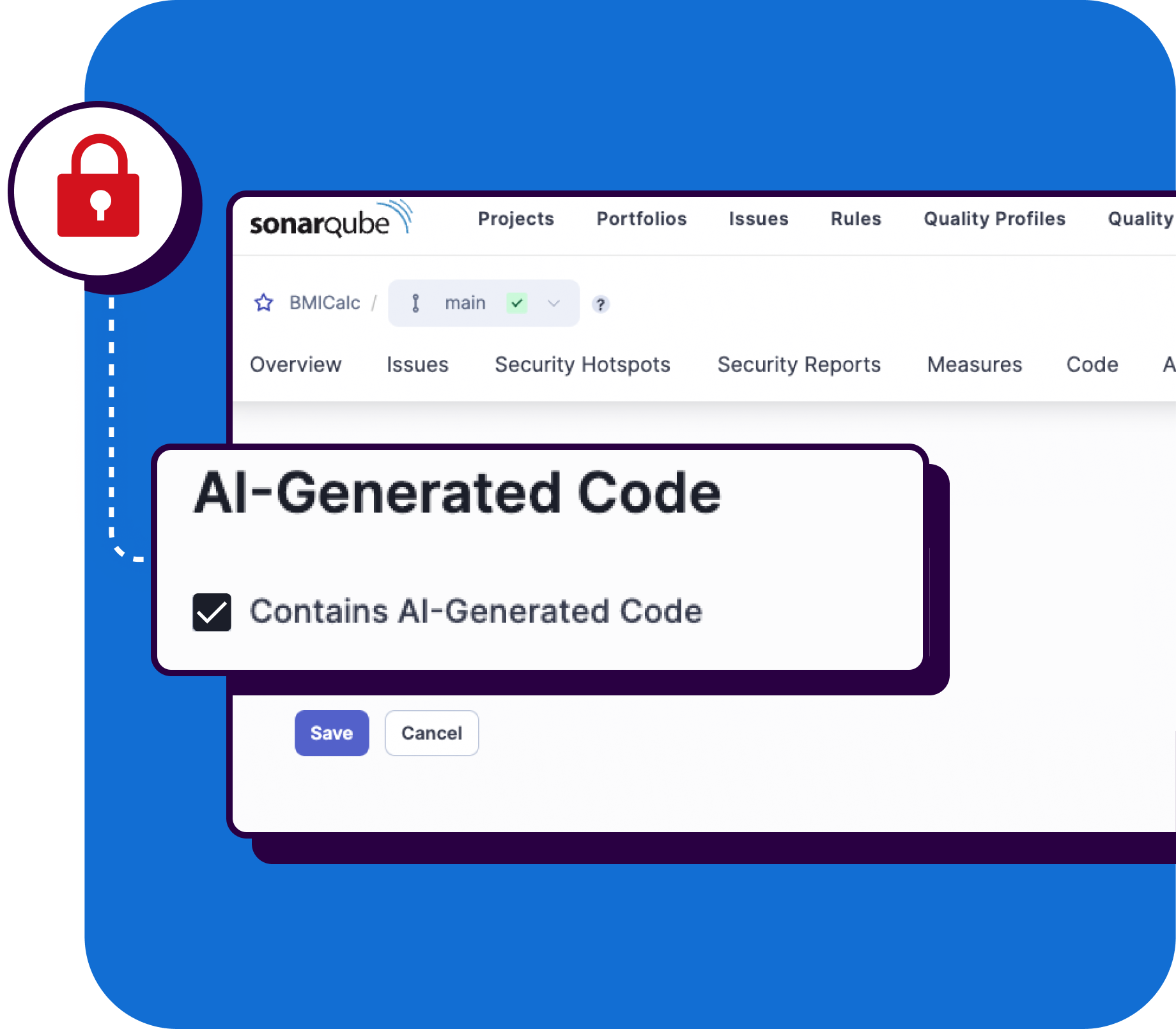

Driving DevOps Transformation: Leveling Up CI/CD with Static Code Analysis
Unit and end-to-end testing are effective in ensuring features and functionality work properly, but what about code quality? How can we ensure that our code is reliable, maintainable, and secure? Enter static code analysis.
Read article >
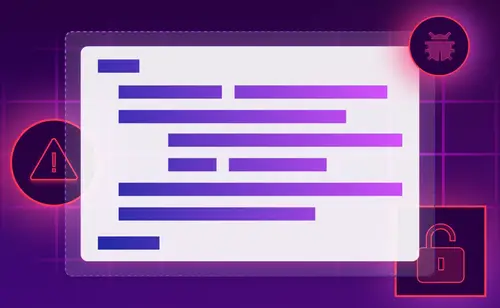
Legacy Codebases are a DevOps Issue
Explore how DevOps principles and practices can transform the challenge of managing legacy code into an opportunity for improvement. This piece outlines actionable strategies for refactoring, the importance of automation, and adopting a 'Clean as You Code' approach to ensure sustainable code quality and efficiency.
Read article >
Get new blogs delivered directly to your inbox!
Stay up-to-date with the latest Sonar content. Subscribe now to receive the latest blog articles.

SonarQube Server 10.5 Release Announcement
The 10.5 release of SonarQube Server includes support for Java 21, C++23, and TypeScript 5.4. Secrets detection analysis is faster and deeper SAST coverage has increased. Project onboarding is more simplified for monorepos, Maven, and GitHub Actions. Read on to find out about these and much more.
Read article >
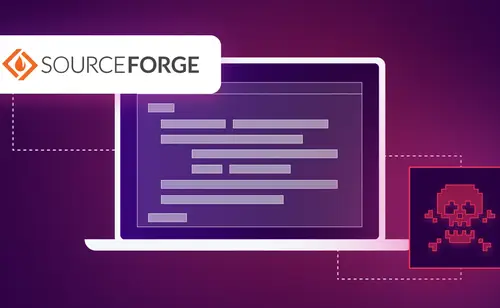
Dangerous Import: SourceForge Patches Critical Code Vulnerability
Our Vulnerability Research team discovered a critical code vulnerability in SourceForge, which attackers could have used to poison deployed files and spread malware to millions of users.
Read article >

AI-Generated Code Demands ‘Trust, But Verify’ Approach to Software Development
Pairing the "trust, but verify" approach with the power of Sonar’s Clean Code solutions enables organizations to be confident that their AI-generated code is high-quality, maintainable, reliable, and secure.
Read blog post >
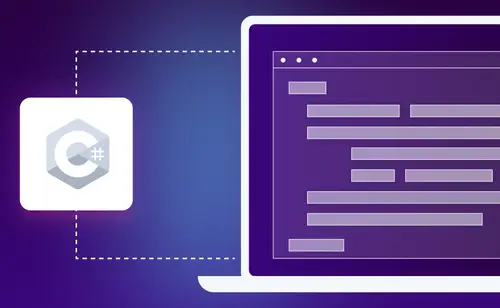
C# Logging Best Practices with .NET
Are you writing logging code in your app? Logging correctly can be tricky. It is an important part of tracking the progress of your app while running and determining the origin of problems when they arise. In this blog post Denis Troller walks you through common pitfalls and logging best practices when coding in C# with .NET.
Read blog post >
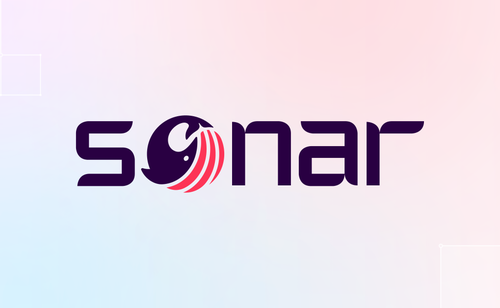
xz utils hack: what is it?
Late last week, a developer noticed some unusual behavior on their computer, investigated it, and uncovered a hack of epic scope, in an obscure but important library called xz.
Read article >

Apache Dubbo Consumer Risks: The Road Not Taken
Explore the lesser-known Apache Dubbo risks that weren’t well documented until now, and delve into the importance of clean code ensuring clarity, maintainability, and comprehensibility.
Read article >

Ensuring the right usage of Java 21 new features
Last September 2023 Java 21 was released as the latest LTS (Long Time Support). But taking advantage of the changes and new features, which we are not used to including in our code, can be a tough task. Also, it can lead to improper use or poor uptake, bugs, or basically not taking full advantage of new improvements.
Read blog post >

Technical debt’s impact on development speed and code quality
By acknowledging the impact of technical debt and embracing proactive solutions like Sonar, development teams can mitigate its effects and build software that is resilient, reliable, and scalable.
Read article >

Digital Operational Resilience Act (DORA) Compliance for Financial Entities
Leveraging Sonar solutions to ensure code security by design
Read article >
